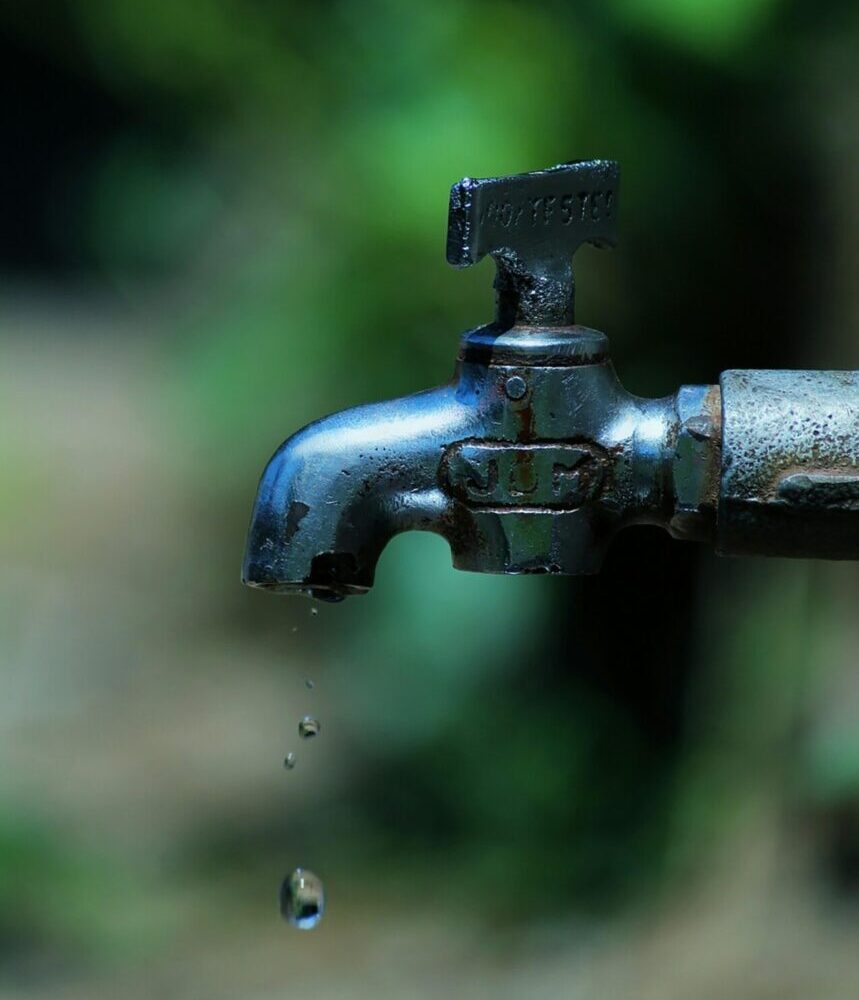
ARVs in our water: Where is wastewater treatment falling short?
Health officials say the presence of HIV medication in the water supply points to successful treatment, but they’re calling for stronger wastewater management.

The Department of Health says people are taking their life-saving antiretroviral (ARV) medication, as shown by the presence of ARVs in South Africa’s water systems.
At the same time, the department warns that poor wastewater treatment poses serious health risks.
This comes after the University of the North West released a report revealing high levels of ARVs, which block various stages of HIV’s life cycle, in rivers and tap water, especially downstream from wastewater treatment plants.
Health Department welcomes adherence but warns of untreated wastewater
Department of Health spokesperson Foster Mohale told IOL that the discovery shows patients are taking their ARVs consistently, but he emphasised that those responsible for treating water need to act more responsibly.
“The discovery is a net positive because it shows that people are taking the life-saving medicine,” said Mohale.
“But the responsibility lies with those who deal with wastewater. They need to find a way to address this issue.”
Mohale noted that poorly treated water poses serious health risks to the public.
He said the Department of Water and Sanitation (DWS) must ensure proper treatment of household wastewater before it re-enters the environment.
Study links ARVs in water to risks for aquatic life and humans
The research revealed that ARVs caused abnormal embryonic development in freshwater snails.
It also found that the drugs interfered with viruses responsible for regulating essential bacteria.
The report warned that ARVs could disrupt metabolic systems across different species.
Researchers highlighted potential health risks for humans, particularly in areas where ARV levels in drinking water exceeded safe limits.
The study explained that people could consume these drugs or their by-products through tap water or by eating aquatic organisms such as fish.
DWS responds to report, pledges action
The Department of Water and Sanitation acknowledged the findings.
Spokesperson Wisane Mavasa said municipal wastewater systems likely allowed ARVs to seep into water sources.
She explained that these systems were not designed to filter out pharmaceutical compounds.
She added that the department would consult with the University of the North West, the Water Research Commission, and the Department of Health to review the findings and evaluate potential impacts.
